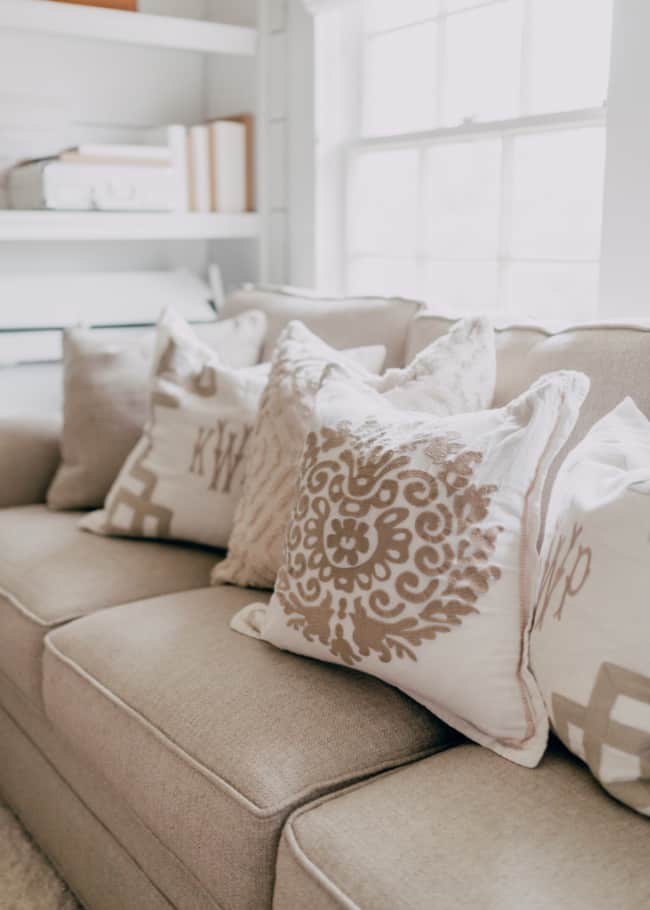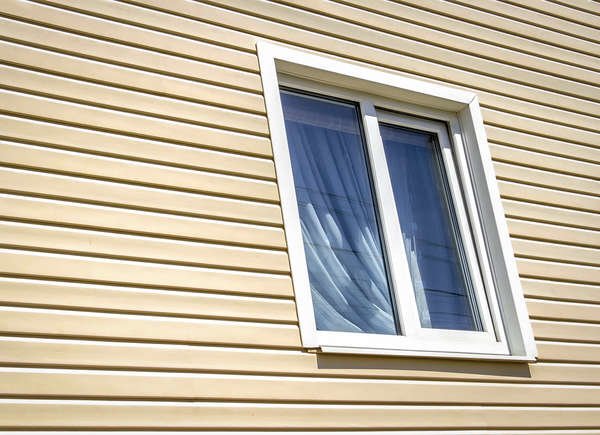
Vinyl siding can be installed quickly and is cost-effective. It not only looks great but also reduces your energy consumption. A wide variety of styles and colors are available. To make your job easier, there are pre-cut sizes.
It's clear why vinyl is so popular. Vinyl is durable, cost-effective, and requires little maintenance. It's also available in a variety colors, textures, as well as styles. It can also fade in sun.
Brick, however, is a strong, long-lasting cladding material. It is able to withstand extreme temperatures. It can withstand dirt penetration and has excellent sound transmission resistance. Brick can last 100 years if properly installed, while vinyl can last only about twenty.

The material you choose can have a significant impact on your home's value. Wood siding is not only a bad choice, it can also cause damage to your house and cause rot. The downside to wood is the need for staining and painting to keep it looking great.
Vinyl is an excellent material, but you need to consider whether it is the right choice for you. Vinyl is more susceptible to dents, gashes and fire than other materials. Moreover, you should consider the real estate market in your area. You might be able find a better deal.
Vinyl is also known for fading in the sun. But there are newer solutions that are designed to resist this problem. This allows you to rest assured that your cladding won't need replacing after a few years.
It can be difficult to choose the right material for exterior cladding. But it is worth the effort. It will not only save you money but also increase your home's value. And while it's not for everyone, vinyl is a great option if you live in an area that experiences harsh winters or rain.

The most suitable option for you and your location is the best. As a matter of fact, it's a good idea to consult with a professional to determine whether it's the best option for your situation. Brick is a viable option. It offers both durability and functionality without being expensive.
Although no material is perfect, there are some good options. However, the best choice for your home is one that is most compatible with your lifestyle, and one that will also be most cost-effective. Brick is a popular resell material due to its elegance and practicality. Be sure to take into account the market and your budget when deciding between the two. You might regret your decision.
FAQ
How important it is to be pre-approved for loans?
It is important to get preapproved for a mortgage because you will know how much you can borrow. It will also help you determine if you are qualified for a specific loan program.
What is the cost to renovate a house?
The cost of renovation depends upon the type of material used, the size of the project and the complexity of the job. Some materials such as wood require additional tools like saws and drills while others like steel do not. The price of renovations will depend on whether you need your contractor to do everything or if the work is done by you.
Home improvements can cost anywhere from $1,000 to $10,000 on average. The average cost of home improvement projects would be between $5,000 and $25,000. The cost to hire professionals would range from $5,000 to $25,000,000. On the other side, you could spend up to $100,000 if your task is completed entirely yourself.
It is important that you are aware of the many factors that affect the final price of renovations. You should consider the material used, such as brick vs concrete. Brick vs. concrete, the project's size, the number and duration of workers, etc. These factors must be taken into consideration when estimating the cost of renovation.
How do I renovate my house with zero money?
These are the steps to follow when renovating your house without spending a lot of money.
-
Make a budget plan
-
Learn what materials are needed
-
You must decide where to place them
-
Make a list.
-
Calculate how much money is available
-
Plan your renovation project
-
Start working on your plans
-
Do some research online
-
Ask friends and family for help
-
Get creative
Should I hire an architect or builder?
It might be easier to have someone else do the work if you're planning on renovating your own house. If you're looking to purchase a home, an architect or builder can help you achieve your goals.
Can I renovate my whole home myself?
Do it yourself - you'll save time and money.
You may love DIY but there will come a time when you can't do it all by yourself. You might not be able control many of the variables.
For example, if you live in an old home, you might find that the wiring is outdated and you would need to hire a qualified electrician to make sure that your electrical system is safe and reliable.
Be aware that structural damage might be too costly for you to repair during the renovation.
In addition, you might not have the tools necessary to complete the job properly. For instance, if you are planning to install a new kitchen sink, you'll need to buy a special tool called a plumber's snake which is used to clear clogged pipes.
You must also follow plumbing codes to ensure that a licensed plumber is working on your project.
You must be confident in your abilities before you attempt such a difficult task.
Ask for assistance from family and friends who have completed similar tasks before if you are uncertain.
They can offer advice about what to do and where to go for more information.
What should I fix first when renovating a house?
Fixing up a home starts with cleaning out all the clutter from inside and outside. Next, clean out any moldy areas. Next, clean the exterior surfaces and paint.
Statistics
- A final payment of, say, 5% to 10% will be due when the space is livable and usable (your contract probably will say "substantial completion"). (kiplinger.com)
- They'll usually lend up to 90% of your home's "as-completed" value, but no more than $424,100 in most locales or $636,150 in high-cost areas. (kiplinger.com)
- Design-builders may ask for a down payment of up to 25% or 33% of the job cost, says the NARI. (kiplinger.com)
- The average fixed rate for a home-equity loan was recently 5.27%, and the average variable rate for a HELOC was 5.49%, according to Bankrate.com. (kiplinger.com)
- On jumbo loans of more than $636,150, you'll be able to borrow up to 80% of the home's completed value. (kiplinger.com)
External Links
How To
Five Things You Must Know Before Starting Your Home Renovation
-
Are you sure that this is something you want to do? - If you're going to start a major home improvement project like renovating your kitchen, bathroom or even building a new house, there's no doubt that you'll need some help along the way. But if you don't feel confident enough to tackle such a large task alone, then you might want to reconsider doing so. This could cost you a lot of money and time, and you may not get any real benefit from it. Instead, you can hire someone who knows their stuff to help. You'll be able to save a lot of time and stress while still having a lovely space to call your own.
-
How much should I budget? This may seem obvious but it could make things worse if you spend too much on your renovation project. The reason is because you'll probably find yourself having to pay back most of the costs at the end of the day. You should stick to your budget, even if it's a tight one. You could wind up spending a lot and not getting any return.
-
Should I use DIY or hire professionals? - While there is no right or wrong answer, we recommend that you hire professional tradespeople if possible. Their advice will be invaluable in helping you decide how to proceed. They will install the plumbing correctly, take care of safety, and offer a guarantee after they have finished their work. DIY projects are often a trial-and-error process, so you'll need to learn a lot from your mistakes. You'll also have to deal with any problems that may arise throughout the process.
-
Can I afford it? - Do not underestimate how expensive a renovation project will cost. Even if your budget is tight, you may need to borrow money to cover costs. And if you're planning to sell your current property soon after completing the renovations, you'll definitely need to factor in the price of selling it into your calculations.
-
Where do I start? There is no right or wrong place to begin when it comes to starting. But, we recommend you pick something you love to work on. It will motivate you to work harder and reduce procrastination. Also, avoid places that are difficult to maintain. You should avoid redecorating your living room if it is always covered in dirt and dust.